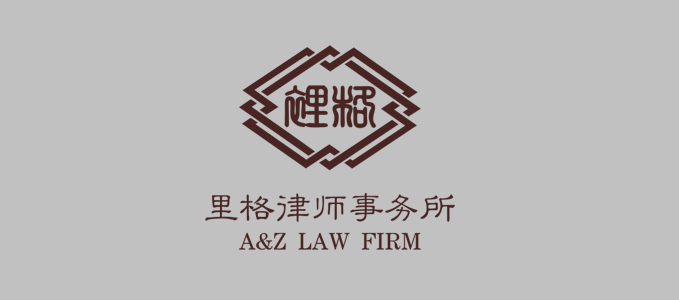Foreign Invested Import-Export Enterprises Face New Challenges
Foreign Invested Import-Export Enterprises Face New Challenges

Foreign Invested Import-Export Enterprises Face New Challenges
Andrew Zhang, Head of the European-American Desk
33 central government departments of the People’s Republic of China including the National Development and Reform Commission, the People’s Bank of China, the General Administration of Customs, and others, have executed “The Memorandum of Cooperation on Jointly Introducing Punitive Measures Against Discredited Import and Export Enterprises”, which was released on March 28, 2017.
According to the relevant provisions of this memorandum, such departments will work together to take 39 punitive measures against such Import-Export enterprises identified as dishonest by Customs (“Discredited Enterprise”) based on laws and regulations, involving many key areas such as industry and commerce, taxation, quality inspection, finance, and environmental protection. An example is illustrated through the public security authority banning legal representatives of Discredited Enterprises from leaving the country, and some important rights of Discredited Enterprises, which include but are not limited to those related to foreign exchange quotas. Financing and credit will also be severely affected by the above-mentioned measures.
What is a ‘Dishonest Enterprise’?
According to the “Interim Measures of the Customs of the People's Republic of China for the Administration of Enterprise Credit” published by the General Administration of Customs on Oct 8, 2014 to come into effect on Dec 1, 2014; an enterprise involved in any of the following circumstances will be identified as a Dishonest Enterprise:
- Committing the crime of, or an act of, smuggling;
- For an enterprise other than a customs broker, violating the supervision provisions of the Customs within one year, for times exceeding 1% of the total number of the relevant documents such as the customs declaration form and entry/exit filing lists for the previous year, and being subject to administrative penalty fines of over CNY100,000 imposed by the Customs twice or more, or being subject to administrative penalty fines of more than CNY1 million in accumulation imposed by the Customs.
For a customs broker, violating the supervision provisions of the Customs within one year for times exceeding 0.5% of the total number of the relevant documents such as the customs declaration form and entry/exit filing lists for the previous year, or being subject to administrative penalty fines of more than CNY100,000 in accumulation imposed by the Customs;
- Failing to pay the taxes payable in due time and payable penalty or confiscatory sum in due time;
- Having a declaration error rate for the previous quarter higher than the national average declaration error rate for the same period;
- Having it confirmed, through field investigation, that the information registered by the enterprise is inaccurate and that it is impossible to connect with the enterprise;
- Being suspended from engaging in customs declaration business by the Customs in accordance with the law;
- Refusing to assist the Customs in investigation when the enterprise is suspected of smuggling or violating the regulatory provisions of the Customs;
- Acquiring illegal benefits in the name of Customs or other enterprises;
- Engaging in fraudulent behaviors and forging enterprise credit information; or
- Other circumstances under which the enterprise is identified as dishonest by the Customs.
Although most multinational companies have compliance systems which guarantee that customs-related operations comply with Chinese regulations, in practice, due to the complexity of customs affairs, some foreign invested enterprises still could be identified as a ‘Discredited Enterprise’ for their willful or negligent illegal acts. For instance, one of our clients made mistakes on their declaration of duty-paid value of all goods imported by themselves. The customs found said mistakes in a customs inspection which was implemented 3 years later. Under this situation, even this client must make a supplementary payment for the duties and taxes. Here, such an organization could still be identified as a ‘Dishonest Enterprise’ due to its breach of the fourth paragraph outlined above.
That is why we think the newly released memorandum will constitute a new challenge to foreign invested Import-Export Enterprises. We suggest that these enterprises pay even greater attention to compliance in customs affairs, especially for small-medium enterprises which may not have a professional customs affairs team. If an enterprise should have any doubt or question on customs affairs during the import or export process, they should contact a legal consultant as soon as possible to avoid being identified as a Dishonest Enterprise.



